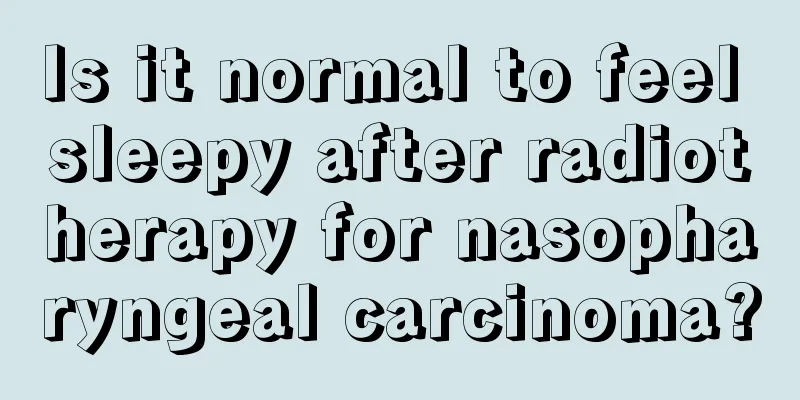How to diagnose liver cancer? Introduction to 5 liver cancer diagnosis methods

|
The treatment of liver cancer has always been a difficult problem in the medical community. Although there are many treatments for liver cancer, it is not an easy task to cure the disease. To treat liver cancer, we must first diagnose the disease. Diagnosis of liver cancer requires the use of formal methods. We will introduce them to you below, hoping to help patients with their treatment. 1. The most commonly used examination is liver ultrasound. Ultrasound examination is a non-invasive examination and has no adverse effects on human tissues. It is simple to operate, intuitive and accurate, low-cost, convenient and non-invasive, and widely popular. It can be used for the screening of liver cancer and follow-up after treatment. 2. CT has become an important routine means of diagnosing liver cancer. Abdominal enhanced CT scans can clearly show the size, number, shape, location, boundary, tumor blood supply, and relationship with the intrahepatic ducts of liver cancer, which is important for further clarifying the diagnosis and distinguishing it from other benign liver lesions. At the same time, it is also important to clarify the staging and grading of liver cancer, which is important for guiding treatment and judging prognosis. Image analysis software can also be used to reconstruct the various ducts in the liver, accurately track the course of blood vessels in each liver segment, the relationship between tumors and blood vessels, simulate the surgical resection plane, and calculate the volume of the pre-resected tumor and the remaining liver volume, greatly improving the safety of the operation. 3. Liver-specific MRI can improve the detection rate of small liver cancer. It is also helpful for differentiating liver cancer from focal hyperplastic nodules and hepatic adenomas, and can serve as an important supplement to CT examinations. 4. pET (positron emission tomography)-CT whole-body scan can understand the overall condition and evaluate tumor metastasis, and can more comprehensively determine the tumor stage and prognosis, but it is relatively expensive and is generally not used as the first choice. 5. Selective hepatic artery angiography is an invasive examination. Since liver cancer is rich in blood supply, mainly supplied by the hepatic artery, hepatic artery angiography can clearly show the blood supply of small liver lesions and tumors. After a clear diagnosis, iodized oil can be injected to block the tumor supply vessels to achieve the purpose of treatment. It is suitable for patients who have not been diagnosed after other examinations. Patients with hepatitis B and C should have regular checkups, and if possible, they should have annual physical examinations. Liver B-ultrasound is the most basic examination. After being diagnosed with liver cancer, patients should pay enough attention to it and avoid excessive smoking and drinking in daily life. Although good living habits cannot cure the disease, they have a good effect on physical recovery. Liver cancer patients must maintain an optimistic attitude in order to effectively treat the disease. |
Recommend
What are the drugs for treating bladder cancer
Bladder cancer can be divided into many categorie...
Factors that influence personality development
Everyone grows up slowly from immaturity to matur...
Preventive measures for acute pneumonia caused by cold
Almost everyone will catch a cold, and severe col...
5 Practical Life Skills of Vinegar
Washing your hair with vinegar makes it smoother ...
What to do if you have diarrhea and vomiting
Once we eat unclean things, we will have diarrhea...
What foods can prevent colorectal cancer
As the pace of life gradually accelerates, people...
Will drinking whey protein powder make you fat
Generally speaking, drinking some whey protein po...
What should be paid attention to in the diet of cervical cancer? Can mushrooms prevent cervical cancer?
A recent study shows that some mushroom extracts ...
Will washing your hair with beer make it straight?
In life, everyone must have heard of the method o...
The difference between mole and melanoma
There are differences between moles and melanomas...
Reasons for prominent veins on hands and feet
Hands and feet are very important parts of the hu...
Toona sinensis is preserved until the Chinese New Year
Toona sinensis is a food that many people like. I...
What is the function of potassium permanganate?
When we studied chemistry in junior high school, ...
Can Huoxiang Zhengqi Water treat acne?
There are many reasons for acne on the face. Most...
What are the drugs for liver cancer
Liver cancer is a frightening disease, but the de...









